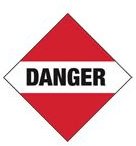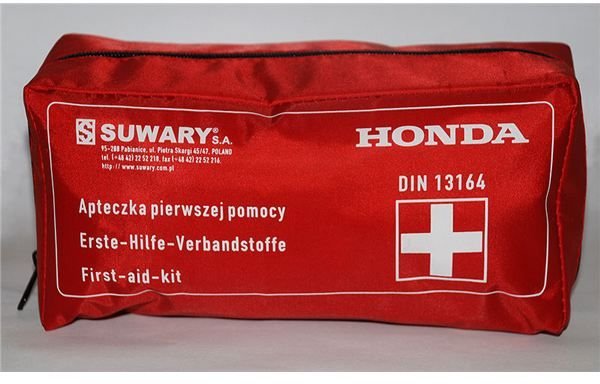Answering Situational Questions at Job Interviews: What You Need to Know
What are Situational Questions?
A situational question is when you are asked to describe your response during a specific situation in your past, or a hypothetical situation that the interviewer has constructed. Situational questions might include things like, “Tell me about a time when you were in a crisis. What did you do, and what were the results?” Another common situational question might sound something like this: “Tell me about a time when you disagreed with something that your boss asked you to do. What did you do?”
You should expect at least one situational question during every job interview, but often you will be asked to answer multiple situational questions.
Why do Interviewers Ask Situational Questions?
As the manager responsible for hiring at my last job, I asked situational questions at job interviews for several reasons. First, I wanted to try and get a feel for the individual’s problem solving skills. Second, I wanted to see if there was anything that made me uneasy about the candidate’s demeanor or character, and thirdly I wanted to try and judge temperament.
The position I was interviewing individuals for required candidates to be in a crisis situation often. I wanted employees who were not afraid to interact with people who were aggressive and could maintain composure and help diffuse a crisis. I didn’t want people who were timid, afraid of confrontation, or who would duck and run the minute things got crazy. While the job you are being interviewed for is likely to be different than the situation I described, the objectives of situational questions are not.
How Should You Respond to Situational Questions?

You need to be careful when answering situational questions at job interviews. You are being judged throughout the interview, but situational questions are crafted, in part, to judge your abilities, your character, and your temperament. Let this work for you, not against you.
Answer situational questions fully. Tell the employer what the problem or situation was, how you reacted to the situation, and what the end result was. Focus on the positive aspects of how you handled the situation. If there was something in the situation that did turn out badly, use it as an opportunity to stress what you learned from the situation, and, if possible, say how you used what you learned at a later date.
Try to determine what the interviewer is trying to reveal about you from the question. For instance, a question about your last boss could be designed to see what type of employee you were, how well you followed instructions, and whether or not you have an insubordinate attitude. Other questions might be about time management or problem solving skills. These types of situational questions usually would involve multiple, conflicting tasks that all require your attention. The potential employer wants to make sure that you are able to manage your time effectively, and use problem solving and critical thinking skills, to determine the best plan of action.
Situational questions are a great means of gaining an edge over other candidates. Instead of being afraid of situational questions, plan answers for common questions in advance. Take a moment and try and determine what the interviewer really wants to know about you as an individual, and respond in a way that gets at the heart of what they are asking. If you can do this, you will stand out from the other applicants, and your answers might land you a job.
Resources and References
First Aid image by Zuska https://commons.wikimedia.org/wiki/File:Apteczkapp.jpg
Danger image by DjSparky https://commons.wikimedia.org/wiki/File:Danger_Placard.jpg
Job Interview and Career Guide: Situational Interview Questions and Answers: https://www.job-interview-site.com/situational-interview-questions-and-answers.html
